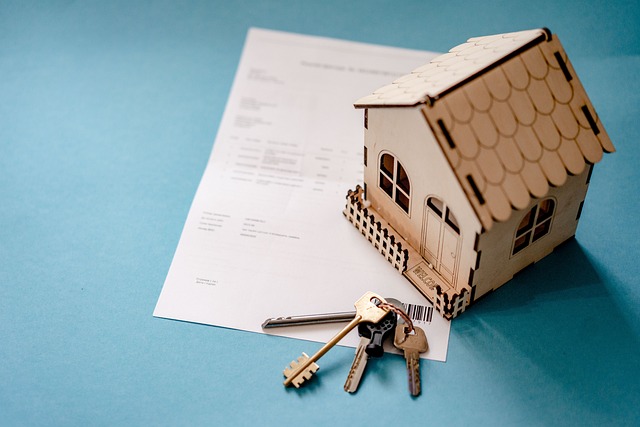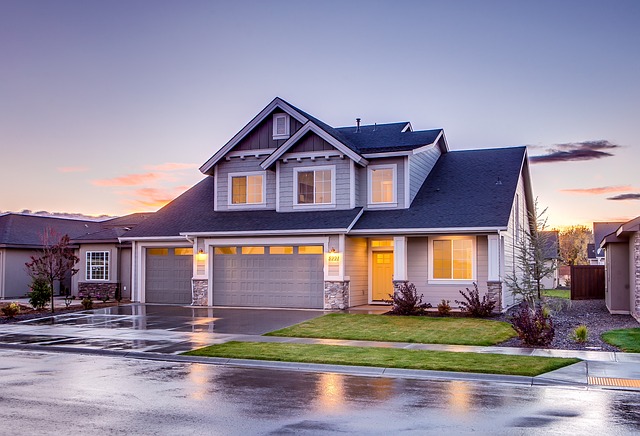Executive Condo Eligibility (ECE) in Singapore is a key housing option for middle-income earners transitioning from public to private living. ECEs offer larger and more luxurious units than HDB flats at subsidized prices relative to private condominiums, catering to the needs of first-time or existing flat owners who meet specific eligibility criteria set by the Housing & Development Board (HDB). These include age restrictions, income limits, and property ownership status, ensuring that ECEs are predominantly for 'heartlanders' rather than the affluent. The government's regulatory framework for ECE eligibility demonstrates its commitment to a balanced housing market, providing affordable and aspirational living options. Over the years, ECEs have evolved from public to more privatized living spaces, reflecting Singapore's economic growth and changing housing needs. Eligibility criteria have been adjusted to accommodate a broader range of applicants at different life stages, with policies like the deferred application for the CPF Housing Grant and resale lease privilege enhancing affordability and accessibility. This dynamic approach by the government ensures that ECEs remain a progressive and responsive housing solution for middle-income families in Singapore.
Singapore’s housing landscape offers a variety of living options, among which Executive Condos (ECs) stand out as a popular choice for middle-income families. This article delves into the nuances of ECs, exploring their unique place within the real estate spectrum. From understanding what ECs are and how they’ve evolved over time to navigating the eligibility criteria and application process, this comprehensive guide will illuminate the key aspects of owning an EC in Singapore. Prospective residents will find valuable insights on financing options, design features, ideal locations, and the resale and rental markets, ensuring a well-informed decision for those looking to invest in an Executive Condo. Additionally, with upcoming launches and tips to maintain resale value, this article is your go-to resource for all things related to EC eligibility and living.
- Understanding Executive Condos in Singapore
- The Evolution of Executive Condominiums (ECs)
- Key Differences Between ECs and Public Housing
Understanding Executive Condos in Singapore

In the dynamic real estate landscape of Singapore, Executive Condos (ECs) present a unique segment catering to the middle-income groups. These hybrid developments offer a blend of private and public housing benefits, designed for couples who are either first-time flat owners or have existing flat ownership. Prospective buyers must meet specific eligibility criteria to apply for an EC. These include being at least 21 years old, with no more than one other property owned, and earning a monthly household income not exceeding certain limits set by the Housing & Development Board (HDB). This financial threshold ensures that ECs are accessible primarily to heartlanders, rather than high-income earners.
The appeal of Executive Condos lies in their privileged position within the property market; they offer larger and more luxurious living spaces compared to HDB flats, yet at a subsidized cost relative to private condominiums. With features such as recreational facilities, clubhouses, and landscaped grounds, ECs provide a sense of community living with modern amenities. The eligibility for an EC is tightly regulated, reflecting the Singapore government’s commitment to ensuring a balanced and diverse housing mix that accommodates various income groups within the community. This approach underpins the sustainability of the property market in Singapore, offering a viable option for aspiring homeowners looking to upgrade from public housing without venturing into the high-end private residential market.
The Evolution of Executive Condominiums (ECs)

In Singapore, the landscape of residential housing has seen a significant transformation with the evolution of Executive Condominiums (ECs). Initially conceived as a hybrid housing option for couples who meet the Executive Condo eligibility criteria, which typically includes being Singapore citizens who have been married or in a union for at least two years and earning a household income that does not exceed certain limits, ECs have since become a sought-after choice for homebuyers. Over the years, these residences have transitioned from being a form of public housing to becoming more privatized, reflecting a shift towards higher-value properties. This evolution has been marked by changes in tenure, where after a certain period, ECs can be sold as private condominiums. The eligibility criteria for purchasing an EC have also adapted over time to cater to the changing needs of prospective homeowners, ensuring that these residences continue to meet the diverse requirements of residents at various stages of life.
The journey of ECs in Singapore reflects a dynamic response to housing demands and economic shifts. From the introduction of deferred application for the CPF Housing Grant to enhance affordability for eligible applicants, to the enhancement of the resale lease privilege where eligible flat owners can purchase an EC on a shorter lease than previously required, the development trajectory of ECs underscores a commitment to accessibility and adaptability. The evolution of Executive Condo eligibility and the broader policies surrounding these residences demonstrate the government’s efforts to provide progressive housing solutions that cater to the aspirations of middle-income families in Singapore.
Key Differences Between ECs and Public Housing

In the vibrant city-state of Singapore, housing options are diverse and cater to various needs and financial capabilities. Among these, Executive Condominiums (ECs) stand out as a unique class of public housing with its own set of eligibility criteria and characteristics. Unlike traditional Housing & Development Board (HDB) flats, which serve the majority of Singapore’s population, ECs are designed for upgrading families who may outgrow their HDB flats but are not yet ready for private property. Prospective residents interested in EC eligibility must fulfill specific conditions: they or their spouse must have owned a resale flat before, and both applicants must be first-time EC applicants. Additionally, applicants’ combined income cannot exceed S$14,000. This threshold ensures that ECs remain accessible to middle-income families.
Another key difference lies in the lease duration. While HDB flats come with a 99-year lease, ECs are initially leasehold for 99 years or until the matured land is returned to the government, whichever is earlier. This maturity period for ECs is typically after 6 to 10 years, at which point they may be privatized. The transition from public to private status allows EC residents to sell their units on the open market without restrictions. Furthermore, ECs offer larger and more luxurious living spaces compared to HDB flats, with facilities that often mirror those of private condominiums. This includes features like swimming pools, gyms, and function rooms, enhancing the lifestyle of its residents. The distinction between ECs and public housing is thus clear, catering to a segment of the population looking for a step up while maintaining affordability and accessibility.
Executive Condos in Singapore serve as a significant housing option for individuals and families, bridging the gap between public and private housing through a structured tenure strategy. The evolution of ECs reflects the dynamic needs of Singapore’s population, offering a pathway from public to private housing for eligible residents. With distinct characteristics setting them apart from traditional HDB flats, ECs provide larger living spaces, more amenities, and often come with lower entry costs compared to private condominiums. Prospective homeowners looking to explore the Executive Condo eligibility criteria should thoroughly understand the unique attributes of these properties, ensuring a well-informed decision in line with their long-term housing aspirations. As this article has highlighted, ECs represent an evolving segment of Singapore’s residential landscape, offering a tailored living experience for those who qualify.
